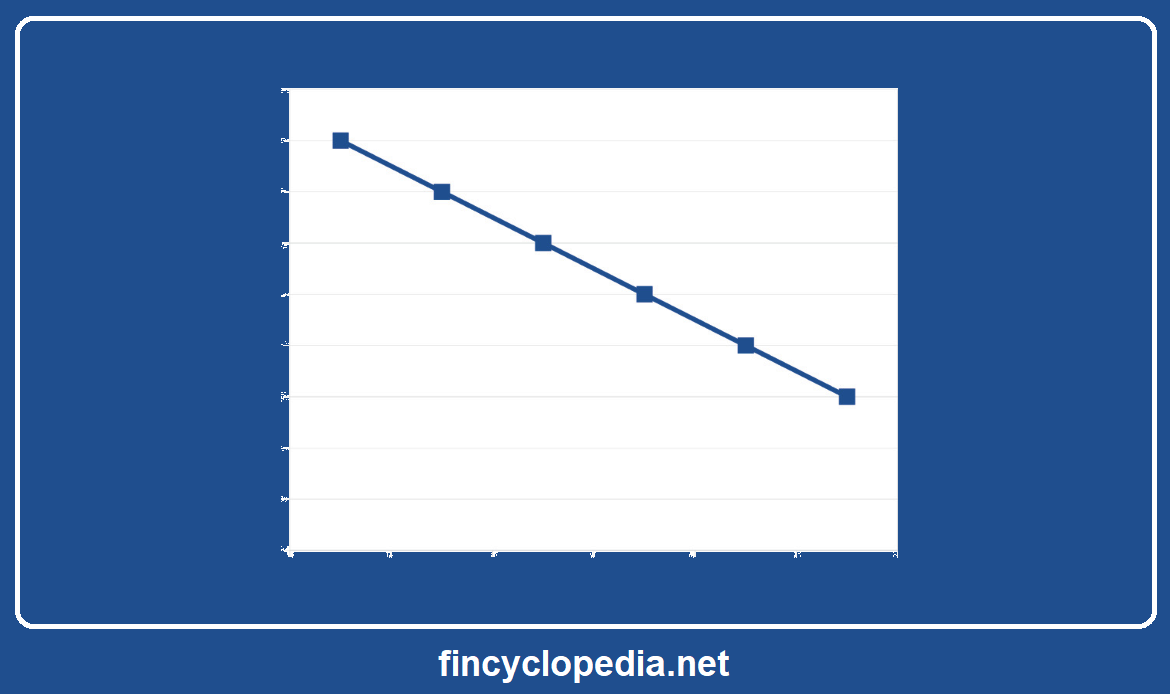It stands for summary financial statement; a financial statement that presents a shortened or summarized version of a full statement (that is mandated by regulators: a statutory statement). Summary financial statements contain historical financial information that is derived from “full” financial statements (audited) but less detailed than the full, audited financial statements. Essentially, theses statements are meant to provide a structured representation in line with that provided by the financial statements of the entity’s assets, liabilities, and equity at a point in time or the changes to such items for a period of time.
SFS may also stand for separate financial statement; a financial statement that is prepared and presented by a parent (an investment entity, by virtue of its control of a subsidiary) or an investor with joint control of, or significant influence over, an investee. Separate financial statements are prepared on a cost basis for investments in subsidiaries, joint ventures and associates in the cases where a parent is required to prepare a separate set of financials for these investments. However, if an entity (investor) opts to measure its investments in subsidiaries, associates or joint ventures at fair value through profit or loss (FVTPL), the separate financial statements must be prepared based on the same measurement method.




